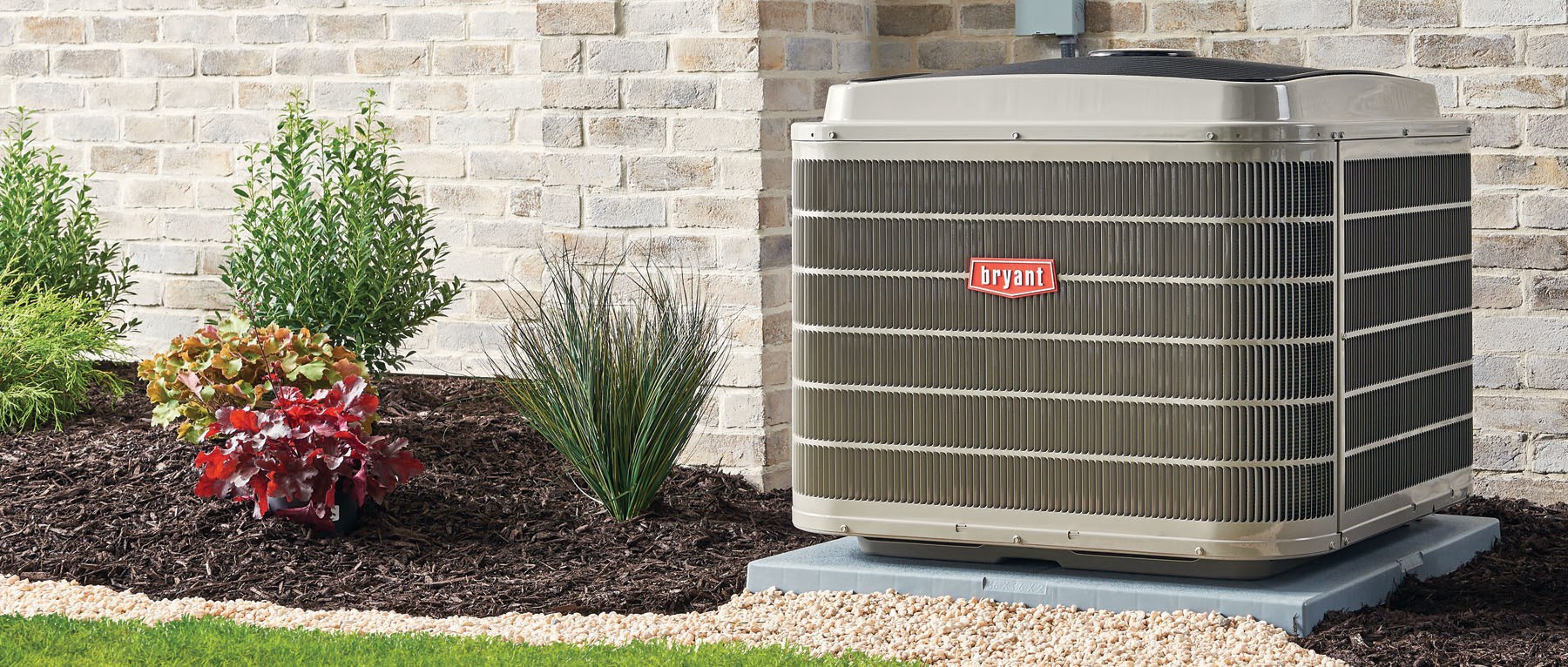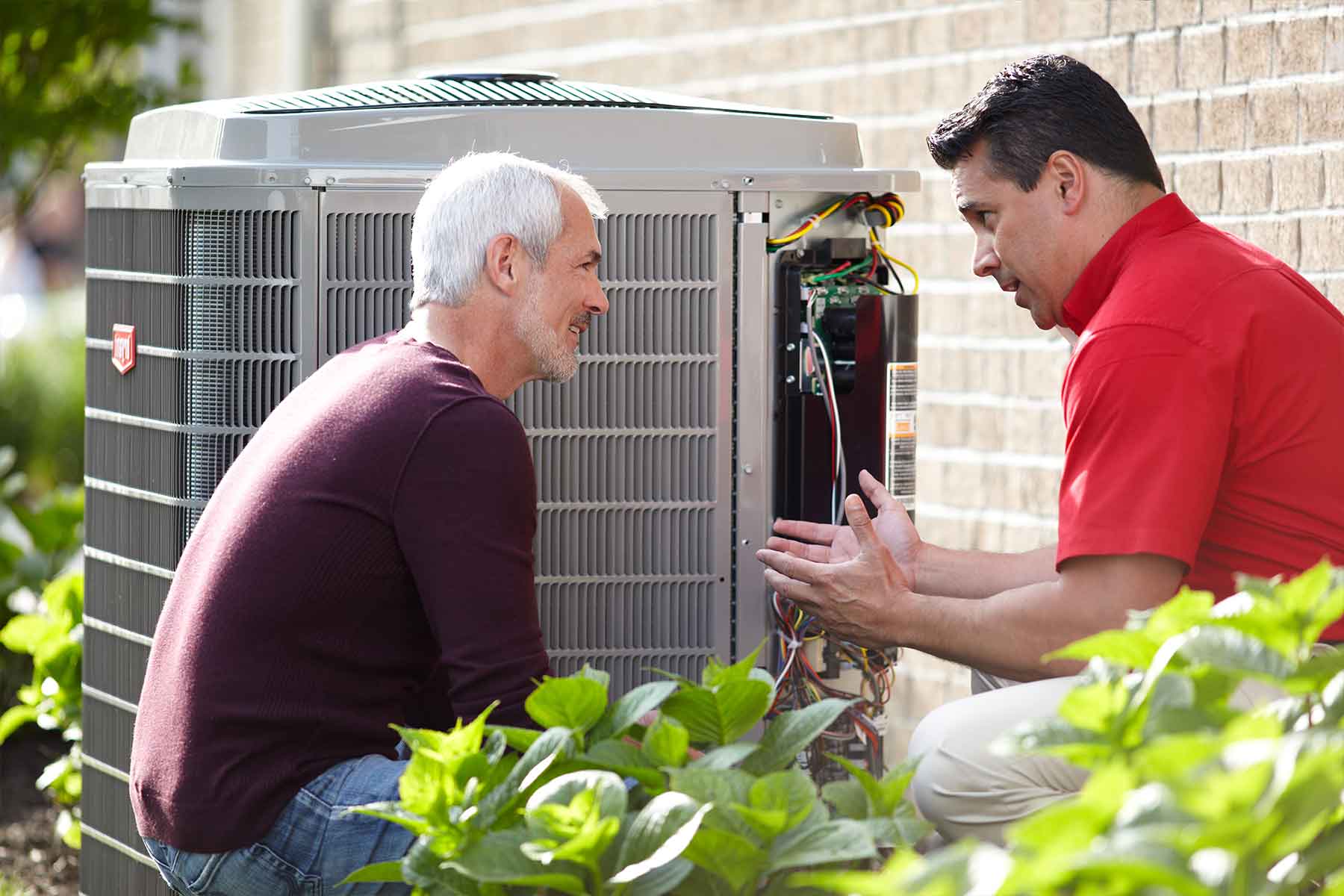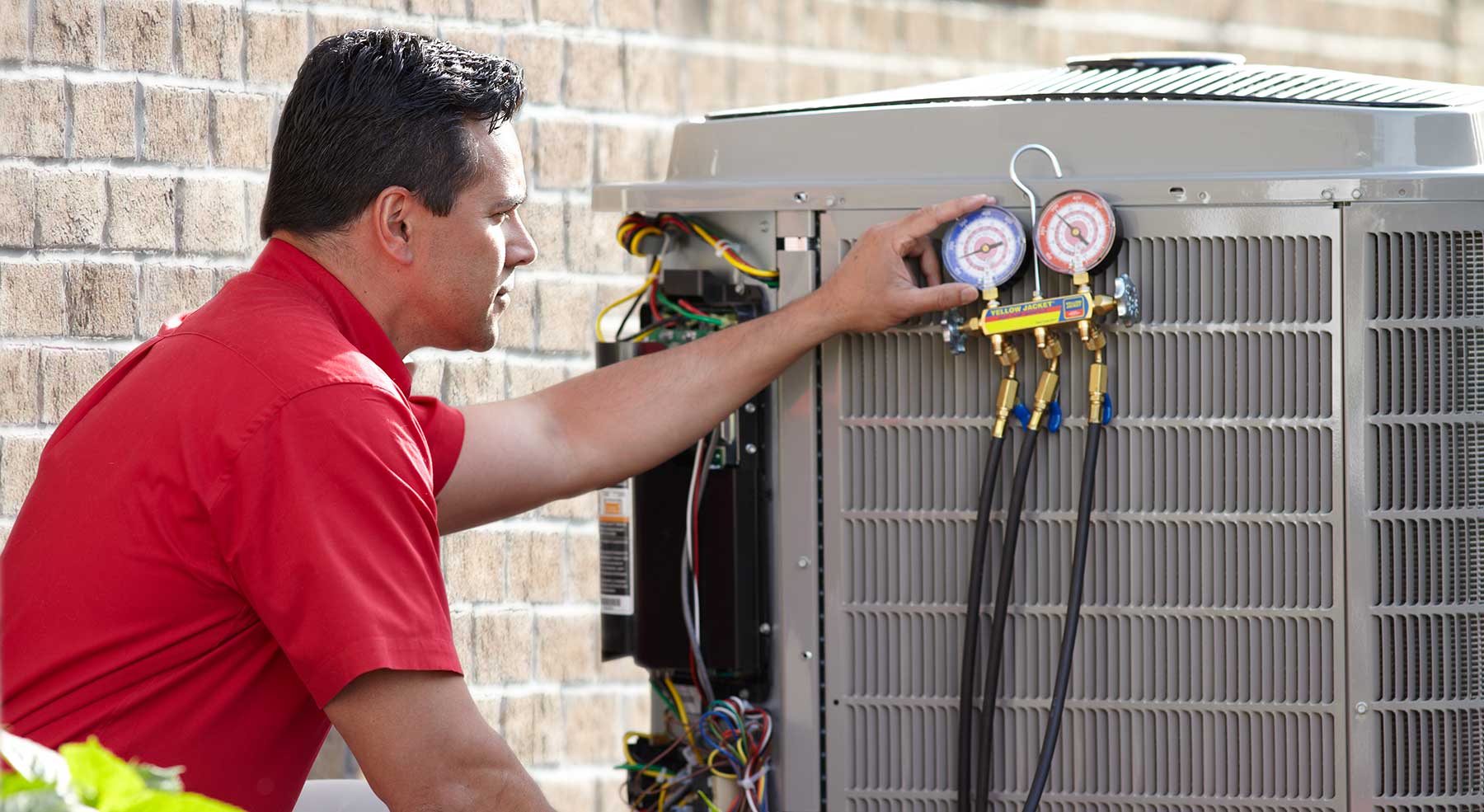When your air conditioning unit begins to falter, the decision between repair and replacement can be daunting. After all, the comfort of your home depends on a properly functioning air conditioner. But how do you know whether it's more cost-effective to repair your existing unit or invest in a new one? In this comprehensive guide, we'll explore the pros and cons of both options, delve into costs associated with air conditioning repairs and replacements, and help you make an informed choice.
Understanding Your Air Conditioning System
How Does an Air Conditioner Work?
Air conditioners operate by removing heat from the indoor air and transferring it outside. This process involves several key components, including the compressor, condenser coil, evaporator coil, and refrigerant. Understanding these parts can help you pinpoint where issues may arise.
Common Issues That Require AC Repair
Every air conditioning unit will experience problems over time. Some common issues include:

- Refrigerant leaks Electrical failures Clogged filters Thermostat malfunctions
Signs Your AC Unit Needs Repair
Are you wondering if your air conditioner requires attention? Look for signs such as:
- Inconsistent cooling Unusual noises High energy bills Foul odors
Repair vs. Replace: Is It Cheaper to Fix or Get a New AC Unit?
When faced with a malfunctioning AC unit, many homeowners grapple with the question: is it cheaper to repair or replace? The answer largely depends on several factors including age, efficiency, and repair costs.
Consider the Age of Your Unit
Most air conditioning units last between 10 to 15 years. If yours is approaching this age bracket, repairs might be a temporary fix rather than a long-term solution.
AC Lifespan Table
| Age of AC Unit | Recommendation | |----------------|-------------------------| | < 5 years | Consider repairing | | 5 - 10 years | Evaluate repair costs | | 10+ years | Consider replacement |
Cost Analysis: Repair vs. Replacement
The cost of an AC repair can vary significantly based on the problem. Simple repairs might range from $100 to $400, while more complicated issues could escalate quickly.
Typical Repair Costs
- Minor repairs: $100 - $200 Major repairs (compressor replacement): $600 - $1200
In contrast, purchasing a new energy-efficient model typically ranges from $3,000 to $7,000 depending on size and brand.
Factors Influencing Your Decision
Energy Efficiency Ratings
Newer models boast higher SEER (Seasonal Energy Efficiency Ratio) ratings compared to older units. An upgrade can lead to significant savings on energy bills.
Warranty Considerations
If your current unit is still under warranty, some repairs may be covered at no cost to you. Always check before making any decisions regarding replacement.
Environmental Impact of Old Units
Older units are often less environmentally friendly due to outdated refrigerants that contribute to ozone depletion.
The Role of HVAC Contractors
Choosing the Right HVAC Contractor for Repairs
Finding an experienced HVAC contractor is crucial for reliable repairs. Look for:
- Certifications and licenses Customer reviews Warranty offerings
Searching for “AC Repair Near Me”
Using localized search terms helps identify contractors who can provide timely service. Websites like Yelp or Angie's List can assist in finding reputable professionals nearby.
Long-Term Implications of Your Choice
Financial Implications Over Time
Calculating total ownership costs over time can aid in decision-making:
Upfront costs (repair vs. new unit) Maintenance expenses Energy billsTotal Cost Calculation Table
| Option | Initial Cost | Average Annual Maintenance | Expected Lifespan (Years) | |---------------------|--------------|----------------------------|----------------------------| | Repair | $500 | $150 | 5 | | Replacement | $4000 | $100 | 15 |
Comfort and Reliability Factors
An efficient system keeps your home comfortable year-round while minimizing breakdowns during peak usage times.
When Is Replacement Worth It?
Frequent Breakdowns
If you find yourself calling for air conditioner repair every summer, it might indicate it's time for a replacement.
Rising Energy Bills
As units age, they become less efficient—leading not only to discomfort but also skyrocketing energy bills that could offset any money saved through repairs.
Additional Costs Associated with Replacement
Installation Costs
Beyond just purchasing the unit itself, installation can add another layer of expense—typically ranging from $500 - $1,500 based on complexity.

Ductwork Modifications
Sometimes new AC installations require modifications or complete replacements of ductwork—a factor that should not be overlooked in budget considerations.
FAQs About AC Repair and Replacement
1. How often should I have my AC serviced?

2. What is considered a major repair?
Major repairs typically include compressor replacement or significant electrical work which usually costs more than half the value of your existing efficient ac installation system.
3. How do I find “AC Installation Near Me”?
Using online search engines with local keywords will provide you with numerous contractors who specialize in installation services close to your location.
4. What are common signs my HVAC system needs replacing?
Frequent breakdowns and rising energy bills along with inconsistent temperatures throughout your home are strong indicators it's time for an upgrade.
5. Are high-efficiency models worth it?
Yes! While they come at a higher upfront cost, energy-efficient systems often result in considerable savings over their lifespan through reduced utility bills.
6. How do I prepare for an AC replacement?
Before replacing your unit:
- Research available models. Budget accordingly. Ensure proper measurements are taken by professionals during assessment visits.
Conclusion
Making the choice between repairing or replacing an air conditioning unit hinges on multiple factors including cost analysis, efficiency ratings, frequency of required repairs, and long-term implications on comfort and energy consumption. By weighing these aspects carefully and consulting with trusted HVAC contractors—those experts whose services come highly recommended—you'll arrive at the best decision tailored specifically for your needs.
By investing time into understanding each option’s benefits and drawbacks outlined in this article titled "Repair vs. Replace: Is It Cheaper to Fix or Get a New AC Unit?", you'll be well-equipped to make an informed choice that ensures comfort in your home year-round without breaking the bank!